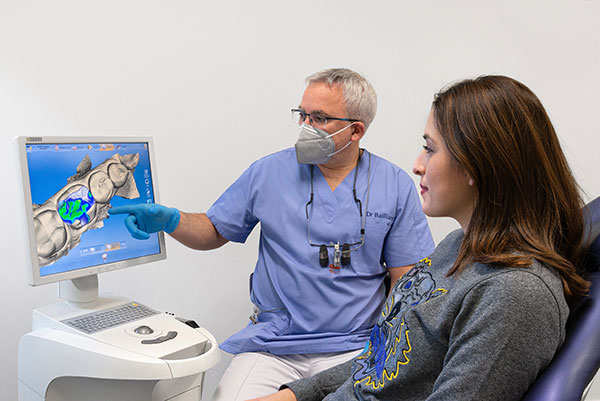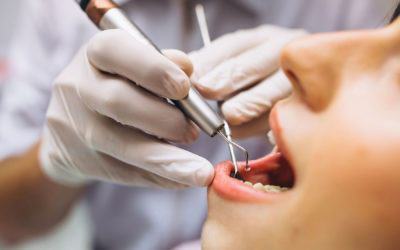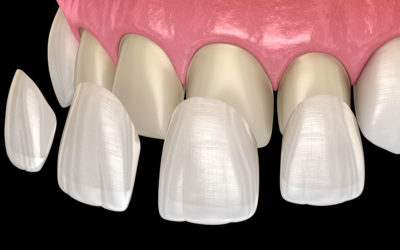
Wisdom teeth extraction: everything you need to know
Wisdom teeth extraction is a common procedure that many people undergo at some point in their lives. These teeth, also known as third molars, are the last to appear in the mouth, usually between the ages of 17 and 25. While some people have no problem with their wisdom teeth, others may experience pain, infection or other complications requiring their extraction.
Why is wisdom teeth extraction necessary?
Common problems associated with wisdom teeth
1. Insufficient space: Many people's mouths don't have enough space to accommodate wisdom teeth, which can lead to their impaction, a condition where the teeth fail to properly pierce the gum.
2. Pain and inflammation: Impacted wisdom teeth can cause significant pain and inflammation of the surrounding gums.
3. Infections: Partially erupted teeth can create areas where bacteria can accumulate, leading to infections.
4. Damage to adjacent teeth : Wisdom teeth can exert pressure on neighboring molars, causing damage or displacement.
Preventing future problems
Even in the absence of immediate symptoms, some dentists recommend preventive removal of wisdom teeth to avoid potential problems in the future. Wisdom teeth are easier to remove in young adults, when the roots and surrounding bone are less developed.
How are wisdom teeth extracted?
Initial consultation
The first step in wisdom tooth extraction is a consultation with a dentist or oral surgeon. During this consultation, x-rays will be taken to assess the position of the wisdom teeth and their relationship to adjacent structures.
Anaesthesia
Wisdom teeth extraction is generally performed under local anesthesia, conscious sedation or general anesthesia, depending on the complexity of the procedure and the patient's preference.
Extraction procedure
1. Incision: An incision is made in the gum to expose the tooth and bone.
2. Bone removal: If necessary, part of the bone covering the tooth is removed.
3. Tooth sectioning : Sometimes the tooth is cut into several pieces to facilitate extraction.
4. Tooth extraction : The tooth is then removed.
5. Sutures: Sutures may be placed to help the gums heal properly.
Post-operative
After extraction, the patient receives instructions for post-operative care.
This may include the use of ice packs to reduce swelling, pain medication, and specific instructions on diet and oral hygiene.

Recovery from wisdom teeth extraction
First Days
The first few days after extraction are crucial for recovery.
Here are some tips for this period:
1. Rest: Get plenty of rest and avoid strenuous physical activity.
2. Icing: Use ice compresses to reduce swelling.
3. Diet: Eat soft foods and avoid hot, spicy or acidic drinks.
4. Oral hygiene: Avoid brushing your teeth near the extraction site for the first few days. Rinse very gently with saline solution or chlorhexidine mouthwash if advised by your dentist.
Follow-up
Your dentist will usually schedule a follow-up appointment to ensure that healing is proceeding properly. It's important to follow all instructions and report any signs of infection or complications, such as persistent pain or increased swelling.
Prevention and long-term care
Maintaining good oral hygiene
After healing, it's essential to maintain good oral hygiene to avoid future dental problems. Brush twice a day, floss daily, and visit your dentist regularly for check-ups.
Continuous monitoring
Even after wisdom teeth removal, continue to monitor your mouth for signs of trouble. If you notice any unusual changes or symptoms, see your dentist right away.
Wisdom teeth extraction is a common procedure that can prevent many long-term dental problems. While the idea of having teeth extracted can seem daunting, understanding the process and knowing what to expect can help reduce anxiety and ensure a smooth recovery.
If you experience pain or symptoms related to your wisdom teeth, consult a dentist to determine whether an extraction is necessary. With proper care, you can maintain optimal oral health and a radiant smile.
Wisdom teeth extraction at the Centre Dentaire Champel
The most commonly performed dental surgery operations in Geneva are extractions of simple and complex teeth, extractions of impacted wisdom teeth and implantology.
But oral surgery also includes other treatments such as cyst removal and bone grafts.
All the dentists at Centre Dentaire Champel are at your disposal to ensure that your dental surgery is carried out under the best possible conditions.
Discover also the Centre Dentaire Lancy and the Centre Dentaire Chêne-Bourg





